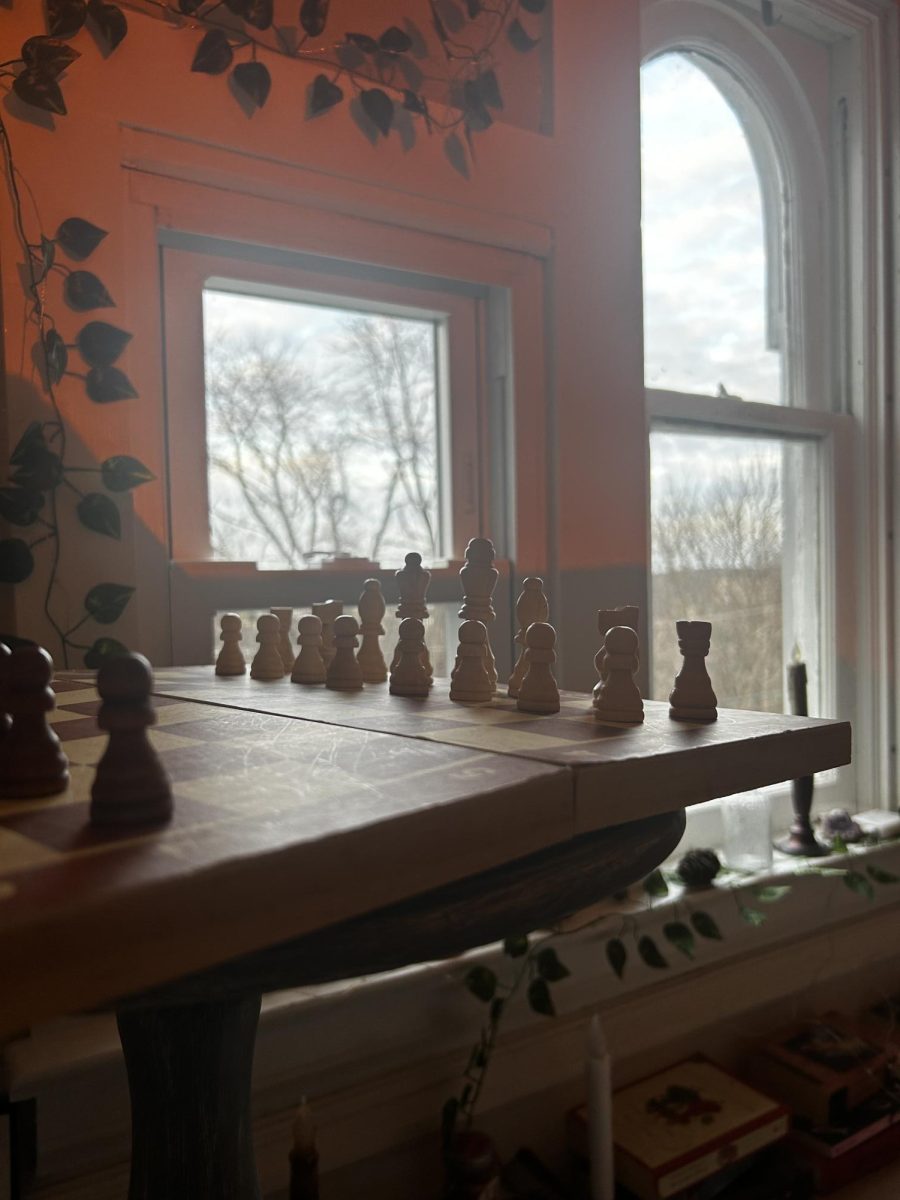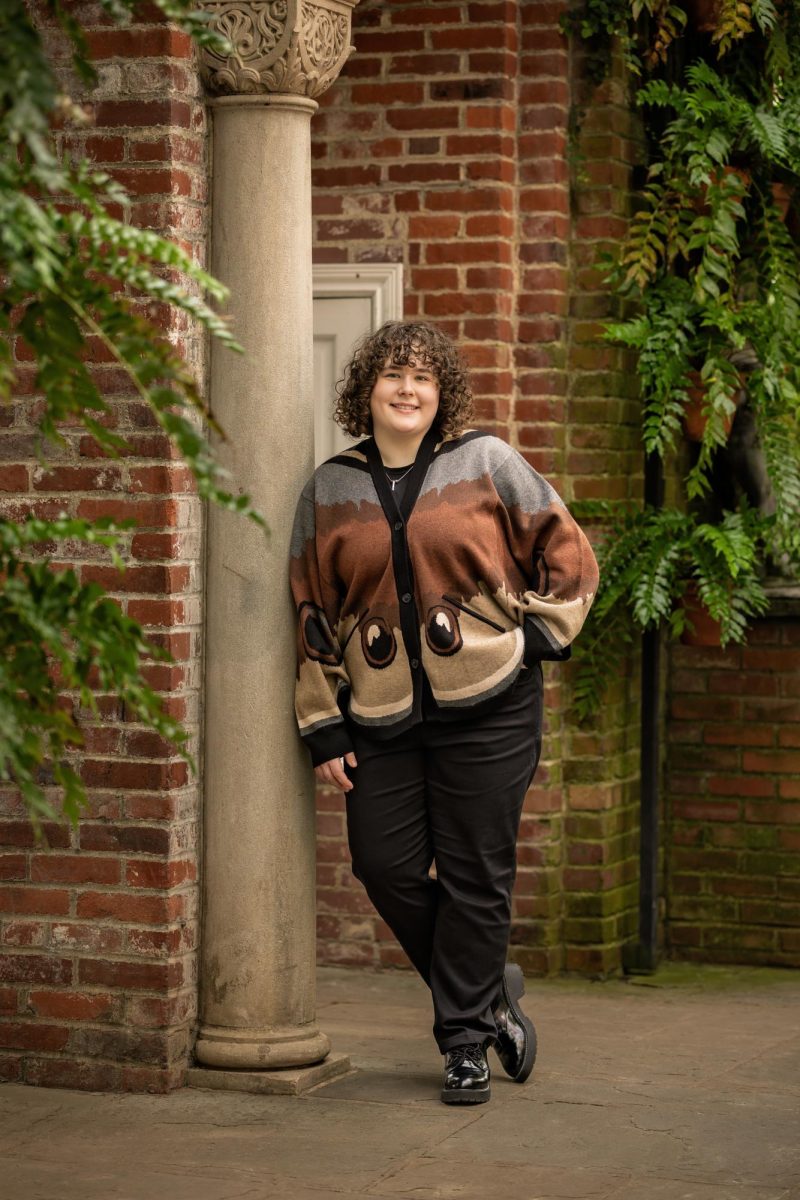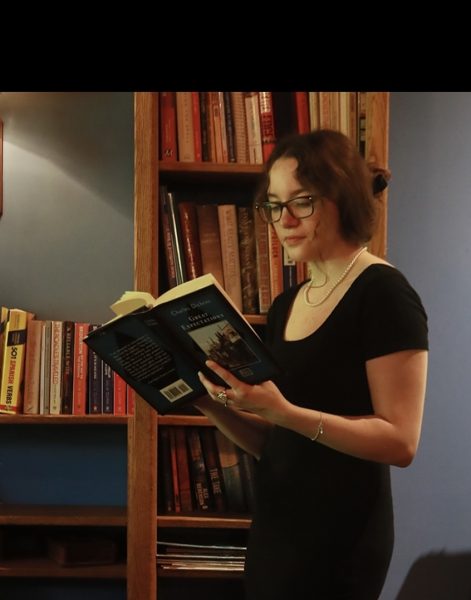Looking down at the dark brown chess board—with endless amounts of maneuvers to ponder —I felt perplexed by the world before me. I wanted to understand it, master it, and, most of all, control it.
As I sank into my seat at my school’s chess club, the dark, intimidating board in front of me felt more like a battleground than a simple game. The snickers from the boys across the room were the only thoughts I could hear and only piqued my anxiety about being the only girl in my school’s chess club. Initially, I was ecstatic to showcase my strategy to my opponents, and I was curious to see if my memorized openings could grant me success. But walking through the doors to find only boys felt like a nightmare… yet it soon became my passion. Each checkmate and draw gave me strength and determination to beat the contemptuous opponent across from me. And soon enough, I did.
So I attended every meeting. Hours of practice against family members, online players on Chess.com, and my friends at the lunch table satisfied my urge to prove that girls could perform in a male-dominated atmosphere. I perfected my opening strategies and became the only person—among boys—to draw a state champion in a simultaneous exhibition match.
Over time, I began boasting about my accomplishments to my classmates and teachers. But I soon realized I desperately wanted to demystify the stigma of chess being a “boys” game. So, I invited my friends to meetings, enticing them to join even if they were newcomers, ultimately convincing four new girls to join the team. Over the next few weeks, I observed their initial nervousness grow to laughter and excitement.
Inspired by my success, I began to write and publish feminist articles for my school newspaper. Enraged at the overturning of Roe v. Wade, I felt as if it was my responsibility to empower women to educate themselves on the principles behind hidden patriarchal structures in America. I became encapsulated in feminist works—from editorials to novels like The Awakening by Kate Chopin—and wanted to prove to myself (and others) that the hidden patriarchy didn’t affect my every choice and decision.
From timidly sitting down at a table surrounded by boys to passionately fighting the male-dominated atmosphere across from me, I grew to love fighting for gender equality as a reality—not just as a fantasy. Breaking barriers in male-centered spaces—whether in law, politics, or even chess—is vital towards achieving that very vision. I aspire to further my passion for inclusivity in politics and law in the future, proving that gender does not delineate your pathway in life.
Now, I realize that you cannot completely control the environment you live in… you can only try. Every decision I have made throughout my school career has been to uplift my status as a prospective woman desperately seeking satisfaction through control of her choices. But you cannot completely control your opponent’s moves—whether they decide to move forward or take your pawn cannot always be anticipated…but it can be matched. I know that I do not hold control of the world around me; challenges will always arise, but I am confident that I will be able to check the problems of representation before me in the political landscape.
The change I want to see in the world is unadorned, yet profound: a society where sex does not guide one’s potential. From a courtroom to a small classroom, or even to a deep brown chessboard, I believe everyone deserves an equal chance to succeed. In chess, it is well-known that the queen is the most powerful piece. Unlike others, the queen can move in any direction and capture her opponents with ease. However, the queen’s power does not stem from being invincible. She is the most powerful because of her strength and versatility. Like the queen, every woman can lead and break barriers in any direction possible. Throughout my journey, I hope to inspire others to take a seat at the table, proving that the queen—on a chessboard and in life—is a force to be reckoned with.









